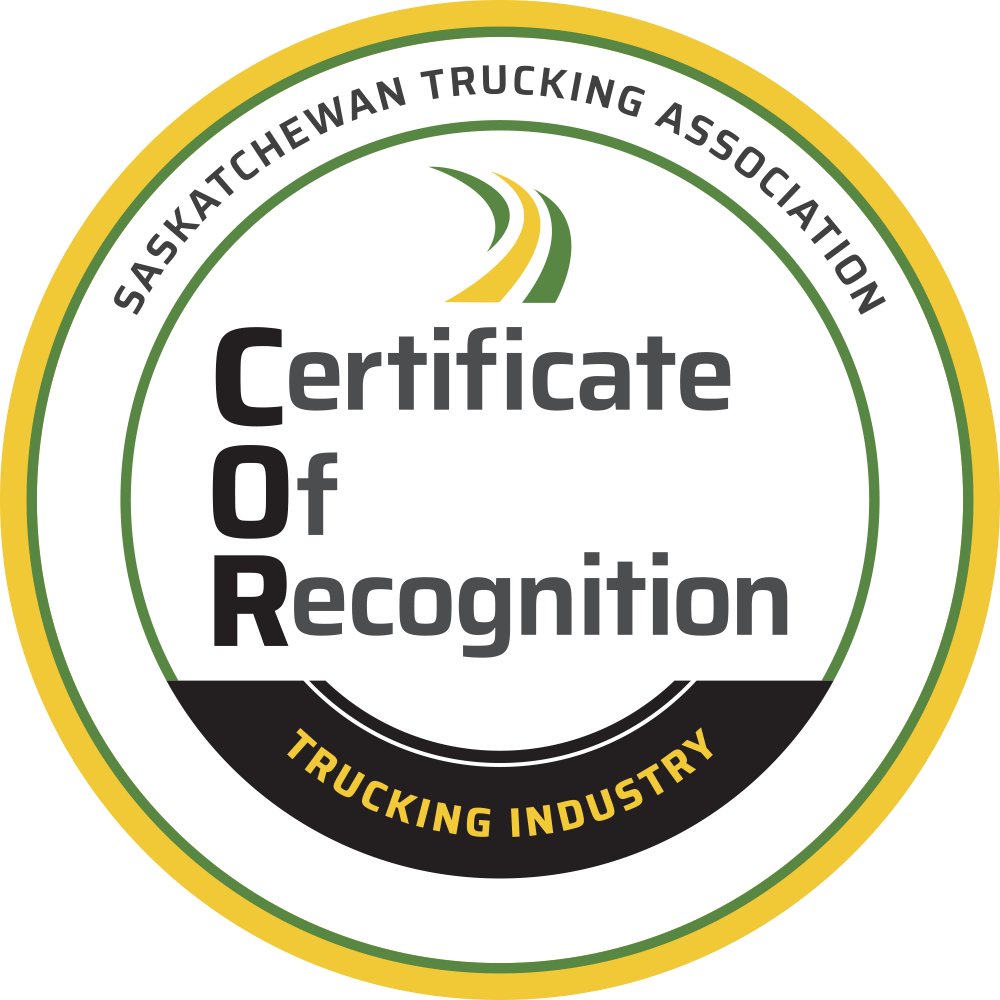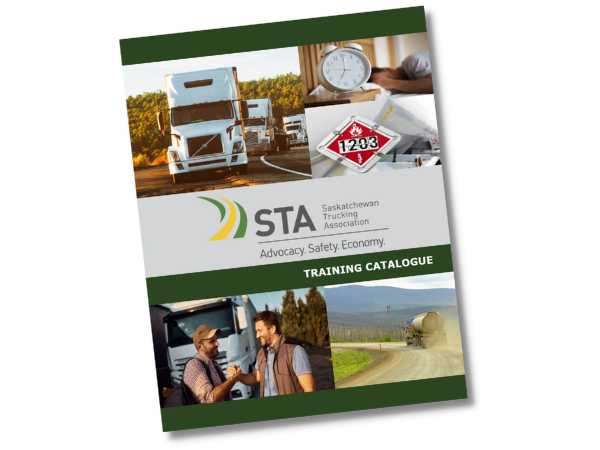
Canada invests in clean energy initiative converting agricultural waste into diesel fuel
Jan 26, 2023
On Jan. 24, 2023, Parliamentary Secretary to the federal Minister of Agriculture and Agri-Food, Francis Drouin, visited the University of Alberta to tour the Greenfield Global laboratory and learn more about their clean fuel, agricultural waste reclamation project.

“I was glad to witness the hard work of the researchers at the University of Alberta,” said Francis Drouin. “The collaboration between academia, industry and farm organizations is a driving force to advance renewable fuels while at the same time solving the issue of farm waste. I’m glad to see the Department of Agriculture and Agriculture-Food contributed an initial investment of $2 million to get this project started. The benefits will be good news for farmers.”
Greenfield Global received funding of nearly $2 million under the Agricultural Clean Technology (ACT) program to develop new clean technologies that convert agricultural waste into renewable diesel fuel. Greenfield is collaborating closely with scientists from the University of Alberta on this project.
The Jan. 24 tour began with an overview of the project, followed by a review of fuel samples and a demonstration of the conversion process.
“For decades Greenfield has been at the forefront of biofuels production in Canada and as we continue to improve our products we’re also looking more into research and development,” said Andrea Kent, VP Industry and Government Affairs, Greenfield Global. “Today’s announcement is so exciting because this project with Greenfield and the University of Alberta is looking at waste to renewable fuel.”
“This project is able to take agricultural waste that would otherwise be destined for a landfill and end up being garbage — and we’re able to use the expertise that’s coming from the University of Alberta, and the track record and ability to deliver that Greenfield brings to the table, to work towards renewable diesel, and eventually get all the way to renewable, sustainable aviation fuel.”
Through this process, agricultural waste is distilled into a renewable and clean fuel that emits mitigated greenhouse gas emissions and has a reduced environmental impact.
“It’s a bookend approach to attacking carbon emissions,” explained Kent. “On one side of it you have this agricultural waste or byproduct that is going to be destined for a landfill, and that is going to release methane gas, a really predominate greenhouse gas, into the atmosphere. And on the other end you have the fuel portion of it, which is going to reduce the carbon intensity of the fuels that we use today.”
Greenfield Global representatives say that the conversion process produces synthetic diesel fuel that has a greater than a 90% reduction in greenhouse gas emissions, as compared to traditional fossil fuels.
In the current phase of the project, Greenfield has been using livestock manure as their feedstock waste product, but the company says that any waste product could be used to produce the same clean fuel.
“Our process is agnostic, so we don’t depend on just one waste type, we are flexible to use any other types of feedstock,” said Hanan El-Sayed, Senior Process Engineer with Greenfield Global. “For example forest residues, municipal solid waste, separated organics, or sewage sludge even. That’s really what is unique about the process.”
The Greenfield project is part of an investment of over $15.2 million under the ACT program to support the adoption of clean technologies for 47 projects throughout Canada.
The Minister of Agriculture and Agri-Food, the Honourable Marie-Claude Bibeau, announced the program in May 2022, stating, “The fight against climate change aims to not only reduce Canada’s greenhouse gas emissions, but also to help producers innovate and adopt more sustainable agricultural practices. New investments in the Agricultural Clean Technology Program will support their acquisition of energy-efficient equipment to increase their agricultural productivity and net profits, while improving food security in Canada.”
“I think when you look at how the future of energy is going to look, it is going to have a myriad of technologies, it is going to have a variety of fuels,” concluded Kent. “There is nothing overnight, there is no one solution or technology that is going to get us the economy and protect the environment at the same time. But what I think is the ideal, and what this project is striving for is really having that flexibility built in at the onset. So it can be applied to a variety of wastes depending on commodity cycles, depending on weather formation, or other needs that are coming from agriculture, while also providing a technology pathway that is reliable and still ends up up in that reliable, low-carbon fuel.”
Do you need a solution to reduce your work place injuries & illnesses?
Trucking Industry Certificate of Recognition
Are you looking to provide your employees with new skills? Is having a safe and employee-friendly workplace part of your company culture? The Trucking Industry Certificate of Recognition (CoR) is an industry-evaluated health & safety program recognized by the WCB and Work Safe Saskatchewan.





